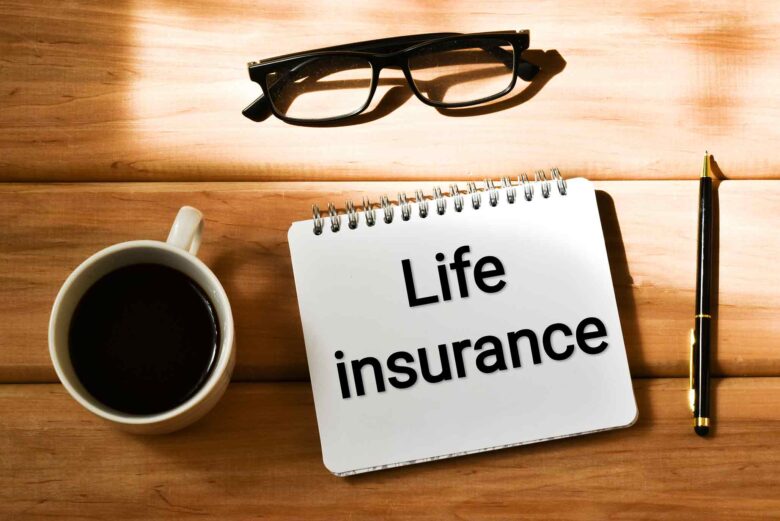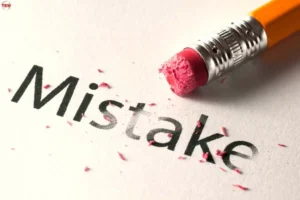Life insurance is an important part of planning your finances, but it doesn’t get the attention it deserves. The primary purpose of estate planning is to provide financial protection to your loved ones in the event of untimely death. But let’s face it: life insurance can be difficult to understand. The purpose of this article is to demystify life insurance by explaining what everyone needs to know to choose the right policy and use it correctly.
How to Start Life Insurance?
Life insurance is a transaction between the policyholder and the insurance company. If the insured dies, the insurance company agrees to pay out a certain amount of money to the beneficiary in exchange for a settlement. The idea is simple, but the way it is executed and the options offered can be complex.
Why Life Insurance is Important?
The primary purpose of life insurance is to protect the financial needs of those left behind after the insured’s death. This is even more necessary for those whose family members depend on their income to make ends meet. Money from a life insurance plan can help pay for funeral expenses, pay bills and provide beneficiaries with a steady income to maintain their standard of living.
Different Types of Life Insurance:
There are many types of life insurance, and understanding them can help you choose the type that best suits your needs:
Term Life Insurance: Term life insurance is the easiest type of life insurance to understand and usually the cheapest. Benefits are due if the insured person dies within a certain period (for example, 10 to 30 years). If the policyholder survives the term, the policy is no longer in force and has no value unless it is renewed.
Whole Life Insurance: Whole life insurance is a type of permanent life insurance that provides lifelong protection to the insured as long as the insurance premium is paid. A portion of the premiums accumulate a cash value against which the owner can borrow money or cash out.
Universal Life Insurance: This is a flexible form of permanent life insurance that gives you the affordable security of term life insurance while still saving you some money. It offers policyholders the opportunity to change benefits and premiums.
How to Choose the Best Policy:
When choosing life insurance, consider the following:
Insurance Needs: Calculate how much money your family would need to continue their current lifestyle if you were gone. Think about your debts, the price of everyday life and future obligations, such as the cost of your education.
Budget: Set a budget and calculate how much you can spend on fares. Keep in mind that term life insurance is generally cheaper than whole life insurance or universal life insurance.
Health and Age: Health and age are two important factors that influence insurance costs. When you buy life insurance and you are young and healthy, your rates will likely be lower.
Coverage Duration: Select the duration of coverage. If you only need coverage until your mortgage is paid off or your children graduate, term life insurance may be sufficient.
Misconceptions about Life Insurance:
“I’m too young to need life insurance.” Life insurance is easy to get and cheaper if you are young and healthy.
“Only the breadwinner needs life insurance.” Family members who don’t work, such as stay-at-home parents, also have important jobs that cost a lot of money to replace.
“Life insurance is too expensive.” Many people think that life insurance is more expensive than they think. Term life insurance can be quite cheap.
View and Purchase Life Insurance:
When you’re ready to get life insurance, get quotes from multiple companies to make sure you get the best price. Use online tools to determine how much coverage you may need. Please read the policy document carefully before signing up and make sure you understand the terms and conditions.
Check and Change Your Policy
Should you get married, have children or buy a house? These should make you take a second look at your life insurance coverage. Your life insurance needs should change as you live, and your policy should change with it.
Conclusion:
Life insurance is a powerful tool that can provide you and your family with peace of mind. It ensures that your family is taken care of financially while you are away, so they can get through tough times without having to worry about money. Finding the right life insurance coverage means understanding your needs and the different types of policies available. Life insurance should always be an important part of your overall financial plan. Knowing what you’re doing can help you make decisions that benefit your finances and the people who depend on you most.
FAQs:
1. How much health insurance do I need?
How much life insurance you need depends on many factors, such as how much money you make, how many people depend on you financially, and your future financial goals. A popular method is to multiply your annual income 10 to 15 times. However, you may also need to consider your debts, your children’s school fees, and other needs that may arise in the future.
2. Can I change my life insurance policy after purchasing it?
Many rules allow for changes. Term life insurance can often be changed to permanent insurance, and you can change the amount of coverage or who receives the benefits if you die. But changes could mean you need more medical coverage or your insurance rates may change.
3. What general things should I know that life insurance does not cover?
Suicide that occurs within the first few years of the policy, death as a result of engaging in illegal activity, or death as a result of particular risky behaviors are some frequent events that life insurance plans do not cover. There are some things that are not covered by every policy, and you should read them carefully.
4. How does my health affect the cost of my life insurance?
Your health has a major impact on the cost of your life insurance. To determine your risk and set your premiums, insurance companies look at information such as your medical history, your current health, what you do for a living (such as smoking), and your family’s health history.
5. Does my job provide me with adequate life insurance?
Workplace life insurance is a great benefit, but may not be enough to meet your needs, especially if you have a large family or a lot of debt. Typically, these plans don’t cover everything and can’t be rolled over if you change jobs.



